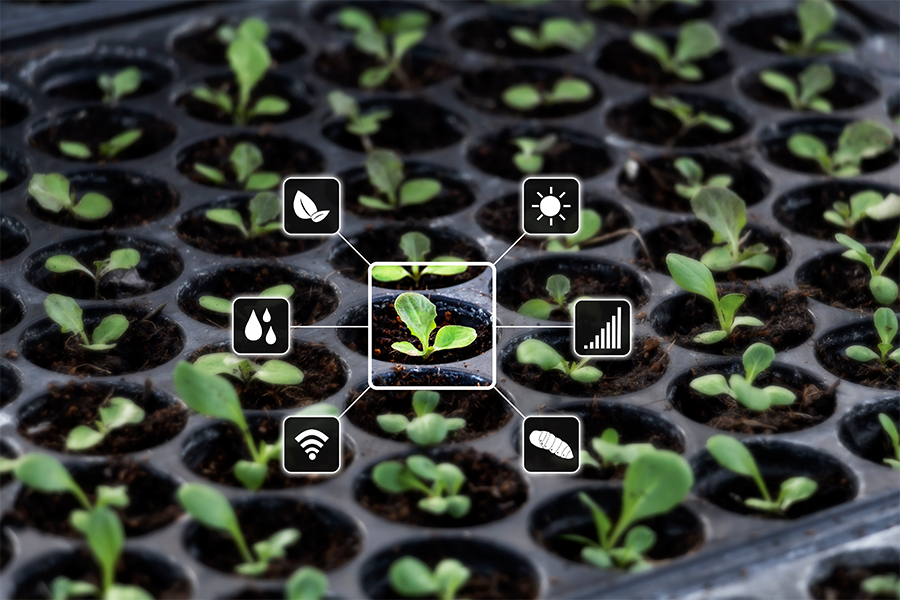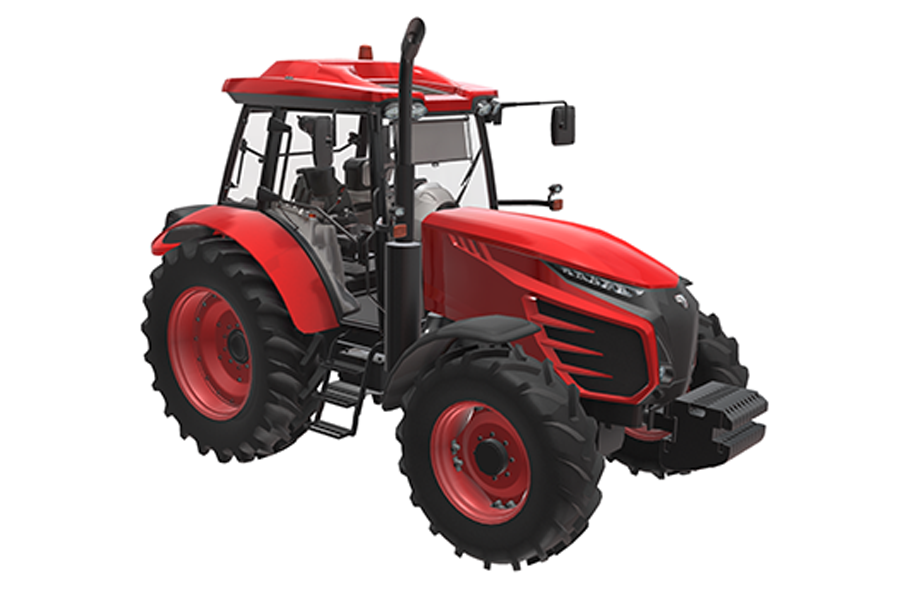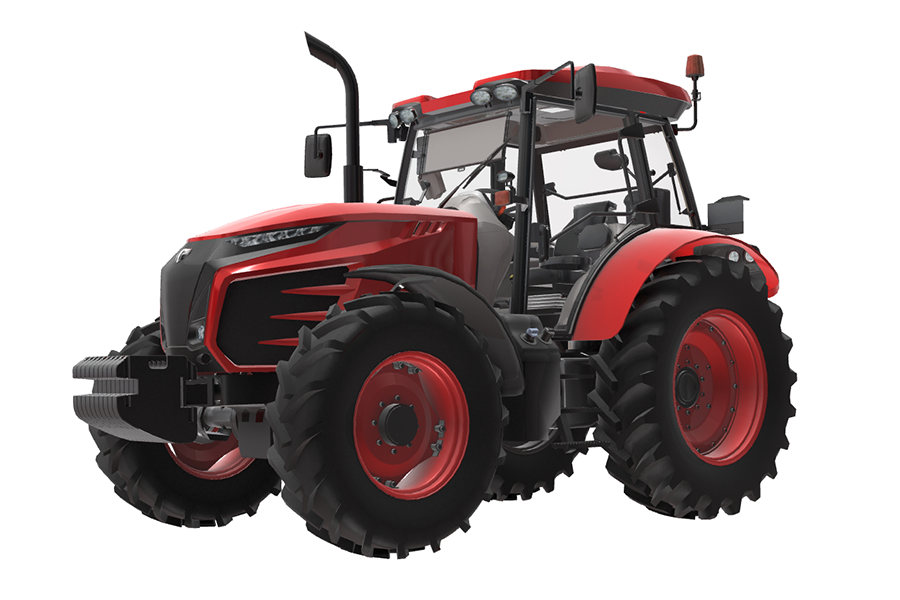
Unparalleled efficiency and productivity
Efficiency and productivity are important attributes for many businesses, but they’re especially important in work as seasonal and time-sensitive as farming. The advent of GPS and sensor-driven machinery has elevated precision farming. Autonomous farming equipment can plant seeds, apply fertilizers, and water crops with high accuracy, ensuring that resources are utilized optimally. With TYM’s proprietary Digital Automated Vehicular Experience (D.A.V.E.), tractors like the T130 are designed to promote efficiency and boost productivity. D.A.V.E. tractors can store work paths and areas, eliminating the need to set them repeatedly. Straight-line work paths can determine the best, most efficient paths for machinery to take, minimizing wasted movements and maximizing field coverage and resulting in higher yields.
Environmental benefits for sustainable operations
Automation helps us become more conscious of usage and consumption and respond with resourcefulness. Precision application of fertilizer, herbicide, or other chemicals can minimize over-spraying, reducing chemical runoff and lowering overall usage. This kind of targeted application helps minimize the use of water and other resources while helping farmers become more conscious of consumption. Ultimately, autonomous and precise application within farming operations contributes to more sustainable agricultural practices. As food production accounts for a quarter of the world’s greenhouse gas emissions, farming practices must continue to evolve to become more precise and resource-efficient.

Labor management in the wake of dwindling farm labor
Driverless tractors rolling down green acreage might appear futuristic, but it’s now a practical reality. Even as the world’s population grows, the average age of farmers globally continues to rise to 60 and beyond. Thanks to autonomous tractors, growing and scaling your farm operations is as easy as adding a few more autonomous tractors. Autonomous tractors take the pain and time out of hiring and training more human operators. Unlike their human counterparts, smart tractors can operate around the clock, allowing for 24/7 farming during critical times, such as planting and harvest seasons. Rather than replacing human labor completely, autonomous systems also introduce a bigger range of jobs related to agriculture, such as tech support and data analysis. It also affords farm owners and operators the freedom to manage farms remotely, monitoring multiple fields or farms from a centralized location.
Cost savings for the agricultural sector and beyond
Increased productivity, sustainable operations, and better labor management all contribute to cost saving. Optimized routes and steady machine operation can not only help save time, but result in fuel savings. Precision agriculture ensures accurate application of resources like water, seeds, and fertilizers, meaning there’s less waste. With the decrease in demand for skilled human labor, especially during peak seasons, farms can continue to operate well into the busiest seasons without the need for costly and scarce labor. Collectively, these saved costs can make a bigger economic impact: reduced operational costs may lead to cheaper food prices for end consumers.

